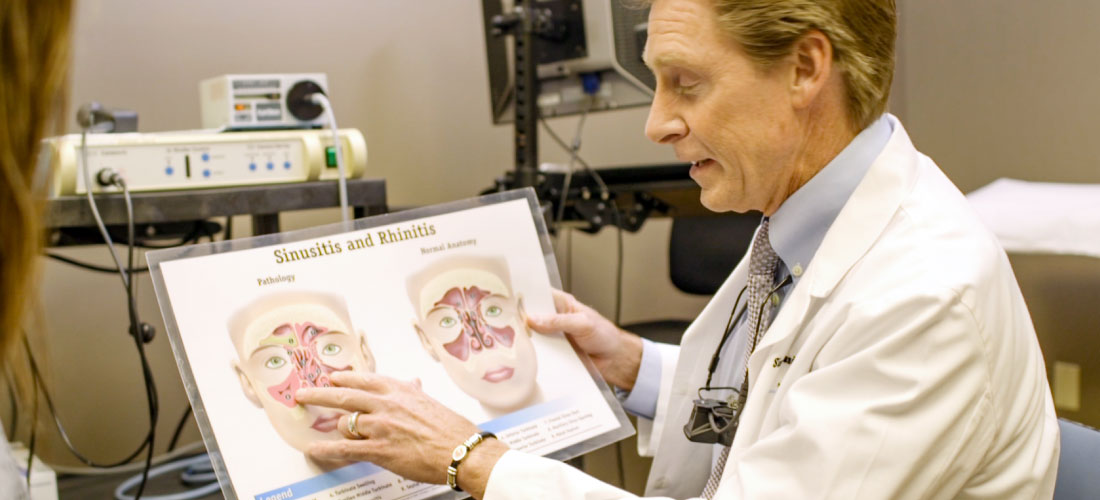Insomnia is a very common sleep disorder defined by nighttime and daytime symptoms. Nighttime symptoms include persistent problems falling and/or staying asleep and non-restorative sleep. Daytime symptoms of insomnia can include decreased sense of well-being, decline in functioning such as concentration and memory, fatigue, and persistent concerns and worries about sleep. Insomnia may be a brief response to stress, but in some people it can persist for many years.
About 75 percent of people with insomnia can identify a definite cause of their insomnia. One of the most common causes is stress related to family or work situations. Poor sleep is a common reaction to stress, but there are significant individual differences in how people react to stress. These differences play a role in the development of insomnia. Factors such as sleep apnea, chronic pain, breathing difficulties, thyroid function, depression, acid reflux, restless legs syndrome and urinary frequency can all influence insomnia. Medications can also contribute to poor sleep. These medications include caffeine, nicotine, stimulants, asthma medications, allergy and cold medications, steroids and beta blockers. Alcohol or other sedatives wear off in the middle of the night and can cause disrupted sleep.
Environmental factors can also disrupt sleep. Worrying about getting enough sleep is counterproductive and can end up making it even more difficult to fall asleep. Trying too hard to get to sleep produces a similar outcome. Watching TV, reading, room temperature and lighting can all have a negative impact on our sleep.
Your provider will obtain a sleep history and provide you with different questionnaires to help diagnose your insomnia and rule out other sleep disorders. Tools utilized may include a Sleep Diary, an Epworth Sleepiness Scale test, an Insomnia Severity Index, or a Polysomnogram Sleep Study. The Polysomnogram includes an overnight stay in a certified sleep laboratory. It is not necessary for a diagnosis of insomnia, but may be recommended in certain patients with a suspicion that they have another contributing sleep disorder. Sleep disorders can include sleep apnea or periodic limb movements.












